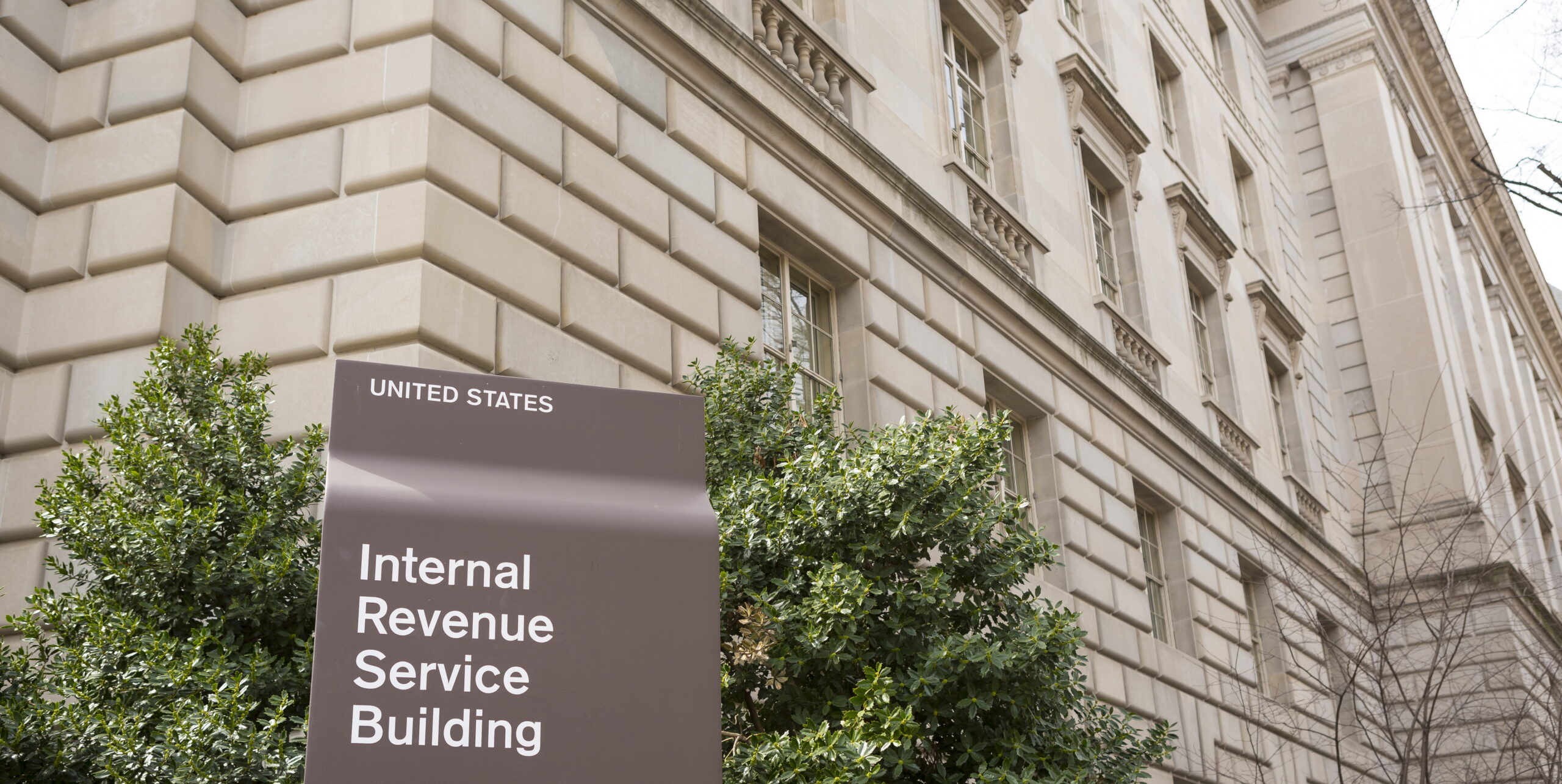
The IRS on June 11 released proposed regulations for like-kind exchanges under section 1031 that implement changes enacted in the Tax Cuts and Jobs Act (TCJA) of 2017. TCJA restricted section 1031 to exchanges of “real property.” The proposed rules would provide a favorable definition of “real property” and establish a safe harbor for certain personal property received in an exchange.
- Like-kind exchange rules allow taxpayers to defer capital gains tax when they exchange property held for investment or business use for another property of a “like kind.”
- Ryan McCormick, senior vice president and counsel at The Real Estate Roundtable, described in Bloomberg Tax (June 11) why real estate like-kind exchanges are critical in the current environment: “Like-kind exchanges are even more important during periods of economic stress, like today, when traditional financing is less reliable.”
- TPAC Member Richard Lipton (Baker McKenzie LLP) noted favorable aspects of the proposed rules, “It’s a very broad definition and many practitioners will be happy with the inclusion of inherently permanent structures being broadly defined, and also the inclusion of certain intangible property,” Lipton said. (Bloomberg Tax, June 11).
- Under TCJA, items like machinery, equipment, vehicles, artwork, collectibles, and patents no longer qualify for deferral under section 1031, but exchange treatment remains available for real property, including “land and generally anything built on or attached to it.” (IRS New Release 2018-227, Nov. 19, 2018).
The proposed rules appropriately treat licenses, permits, and other rights that derive their value from real property as eligible assets. The regulations also provide a helpful safe harbor for incidental personal property (up to 15% of the aggregate value of the replacement property) that is typically transferred, in standard commercial transactions, with the real property. (Federal Register, June 12, Statutory Limitations on Like-Kind Exchanges)
Like-Kind Exchange Deadlines
Like-kind exchanges must meet strict deadlines to qualify for deferral. The pandemic has greatly complicated the ability to complete an exchange. The reasons include: stay-at-home orders, flight restrictions, an inability to visit sites or perform appraisals, the closure of local governmental offices, and a general inability to conduct the necessary due diligence.
- In March, The Roundtable and other real estate organizations requested an extension of 1031 deadlines. (Coalition LKE letter, March 23)
- The Treasury Department in early April extended the 45-day deadline for identifying like-kind exchange replacement property and the 180-day deadline to close on a like-kind exchange transaction until July 15, 2020. (IRS Notice 2020-23)
- “It seemed like a good-government, reasonable thing to do,” The Roundtable’s Ryan McCormick recently told The New York Times. Real estate investors could not travel because of pandemic lockdowns and completing due diligence steps such as an appraisal became difficult, if not impossible. “Taxpayers were seeking some additional time to work through that,” McCormick told the Times. (The New York Times, June 5)
- An industry coalition, including The Real Estate Roundtable, on April 20 wrote to the Treasury Secretary seeking further clarification and relief on 1031 deadlines. (Coalition letter, April 20, 2020)
The Roundtable’s TPAC will review the June 11 proposed regulations and comment on any further like-kind exchange issues that may need clarification.
TPAC Video Discussions
TPAC held its first remote meeting in conjunction with The Roundtable’s Annual Meeting on June 12. Wide-ranging TPAC discussions touch on recent social unrest; the COVID-19 pandemic and the CARES Act; partnership audit reform; section 199A; like-kind exchanges, COD income; energy-efficiency incentives; REIT related party rules; section 163(j); and much more. TPAC recordings on The Roundtable’s YouTube channel include:
- A View from the Chairman
- TPAC Chairman Frank Creamer, Jr.
- A Discussion on the Recent Social Unrest, COVID-19, Tax Policy, and Legislative Priorities with a Member of the House Ways and Means Committee
- U.S. Representative Brad Schneider (D-IL)
- An Interview on Tax Law and Administration in the Pandemic
- The Honorable Michael J. Desmond, Chief Counsel, Internal Revenue Service
- Tax Policy in the U.S. Senate
- Sarah Schaefer, Tax Counsel, Senate Finance Committee
# # #
